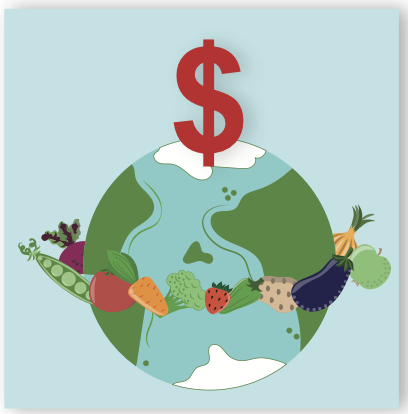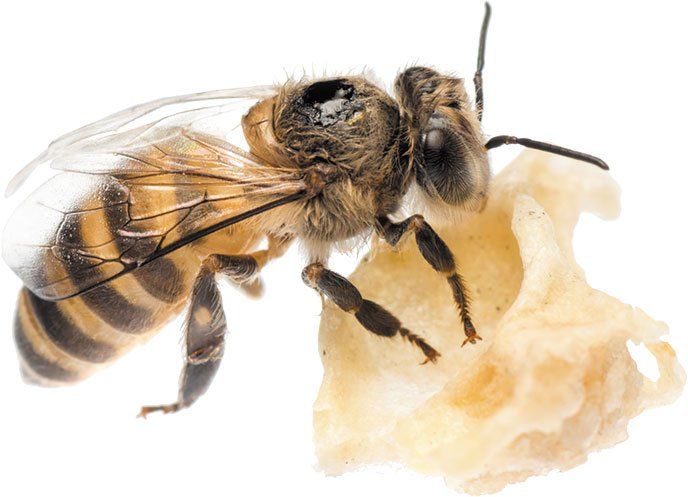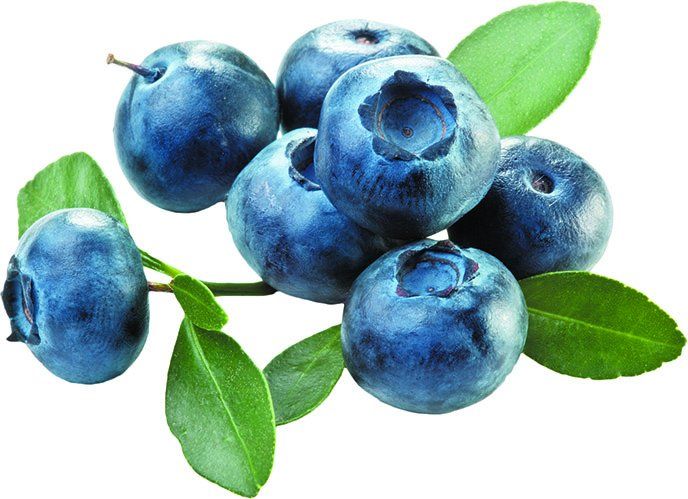Study Puts a Dent in Honeys Health Halo
Honey enjoys what marketers call a "health halo" - consumers tend to view products containing honey as healthier than those sweetened with sugar or high-fructose corn syrup. Thats why Kellogg's renamed its Sugar Smacks cereal as "Honey Smacks" and so many other products have "honey" in the name or featured prominently on the package.
Expert Tips for Nutrition-Smart Holiday Travel
If you're planning to join the holiday travel crush - or already looking ahead to 2016 vacations - there's good news about your eating options en route. "I actually think that airport choices are beginning to improve a bit, both in terms of take-out and sit-down options," says Jeanne Goldberg, PhD, professor at Tufts' Friedman School and director of the Nutrition Communication Program. "The onus is to choose among the better options."
New Labeling for Drug-Free Meats
Following concerns about antibiotics in meat and poultry, the next target in efforts to avoid drugs at the meat counter may be "beta-agonists." The drugs are used to add muscle weight to animals in the weeks before slaughter.
Stop Worrying About Total Fat
Two of the nations leading nutrition experts have some advice for the federal government: Stop worrying about total fat. Nutrition research has shown that the emphasis on restricting total fat intake is outdated, yet these limits affect everything from Nutrition Facts labels to school lunches to supermarket products. In recent opinion pieces in JAMA and the New York Times, Dariush Mozaffarian, MD, DrPH, and David S. Ludwig, MD, PhD, argue, Its long past time for us to exonerate dietary fat.
Rethinking Protein Needs for Older Adults
Most of the soaring popularity of protein in US supermarkets can be dismissed as marketing hype. Although a new report from Packaged Facts says protein is currently the hottest functional food ingredient trend in the US, the truth is that most Americans get plenty of protein without any special dietary boosts.
Protein Basics
What exactly is protein? Some experts say its best to think of protein as a combination of up to 20 individual nutrients called amino acids, which are the building blocks of proteins and play various key roles in human metabolism.
Make Your Leftovers Healthier the Second Time Around
A 2014 USDA report found that 31%-133 billion pounds-of the nations available food supply went uneaten, with two-thirds of food waste at the consumer level. If the holidays make you think that a big portion of that uneaten food is lurking among the containers of leftovers in your refrigerator, maybe its time to make some changes to benefit the planet and your grocery budget.
Confusion Reigns About Gluten
Americans are spending $10.5 billion a year on products labeled gluten-free, but only about one-third of consumers can correctly identify what gluten is. A telephone survey of 1,012 US adults conducted for NSF International found plenty of confusion about gluten, a protein found in grains including wheat, barley and rye that patients with celiac disease must avoid. Just over a quarter (26%) mistakenly said they think products that are wheat-free are necessarily also gluten-free; 15% defined gluten as simply wheat. On the other hand, 47% erroneously said rice contains gluten and 34% said potatoes do. Asked reasons for avoiding gluten, 19% said they suffer from gluten allergy or sensitivity, 12% said going gluten-free makes them feel healthier, and 9% self-identified as having celiac disease (an autoimmune disorder that scientists say affects only about 0.75% of the population).
New Dietary Approach Against Alzheimers
While both a Mediterranean-style diet and the DASH eating plan are associated with brain benefits, a hybrid dietary pattern that combines the best of both with the latest cognitive research may protect memory and thinking even better. A new study reports that the MIND (Mediterranean-DASH Intervention for Neurodegenerative Delay) diet was associated with a slower rate of cognitive decline-equivalent to 7.5 years of younger age. Those with the highest MIND diet scores were 53% less likely to develop Alzheimers disease than those with the lowest scores.
Q. When I microwave frozen vegetables, am I destroying any of the nutrients they...
Q. When I microwave frozen vegetables, am I destroying any of the nutrients they contain?




























